Security Token: Switzerland introduces regulation
Something’s going on with the regulators.
After the German Federal Ministry of Finance and the Federal Ministry of Justice and Consumer Protection issued a key issues paper for the regulatory treatment of Digital Securities and Security Tokens while ensuring investor protection, Switzerland wants to introduce uniform legislation for Security Tokens.
It is planned that this draft bill will enter into force on January 1, 2020. It’s questionable whether and what will be added or changed after the consultation phase that lasts until June 28, 2019.
The focus of the Swiss regulator is shifting from primary markets to secondary markets for blockchain based Security Tokens.
Here are the key points:
1,
Introduction of a new type of uncertificated transferable securities: “DLT uncertificated securities”. These securities will be entered into a blockchain register upon issue. This registry must fulfil very high requirements regarding data integrity, functionality and transparency. Of course, Swiss law applies to this new form of securities, they have the same rights, duties, and functions such as “traditional” securities. This means that, like any other certified security, it can be transferred, submitted, pledged and declared invalid under Swiss law. However, under Swiss law, it will be possible to issue Security Tokens that do not meet these requirements, even Payment and Utility Tokens may be blockchain based securities if they contain a claim.
2,
This new form of blockchain based securities forms the basis for a new category of exchanges. These trading venues, which may be called “DLT exchanges”, “DLT trading systems”, or “DLT trading facilities”, offer the multilateral exchange of this new type of securities between different market participants. You must also allow legal and natural persons, as well as licensed companies, ensure that payments are processed properly and that securities are held in safe custody.
The same and very strict legal provisions apply to the formation, registration, and operation of these trading venues as well as for “traditional” exchanges, but in certain cases, they may provide relief for smaller operators. This must then be decided on a case by case basis. Of course, these new securities are subject to the same insider trading and market manipulation bans as traditional securities listed and traded on stock exchanges. Of course, intermediaries are also subject to all compliance requirements in the field of AML.
3,
OTFs, so-called “organized trading systems” offering multilateral or bilateral trading and discretionary or non-discretionary trading, may be operated by any authorized investment firm acting on its own account at short notice. The annual turnover threshold of CHF 5 billion for trading on own account does not apply here to OTFs.
4,
Blockchain-based securities, which can be uniquely assigned to customers and are held by the bank, benefit from insolvency laws like all other assets held in custody. As a further consequence, this also means that Swiss law generally considers Payment and Utility Tokens as public deposits when they are in custody.
Statement BMCP:
In order to maintain its reputation as the world’s friendliest blockchain nation, this new legislation will respond to market demands while solving legal issues that have taken too long to answer. Switzerland has recognized the opportunities offered by this new form of securities and at the same time ensures a good balance between supervision and self-regulation and is also trying to give opportunities to small marketplaces.
Question: Will this be the basis for the new global standard for secondary markets of Security Tokens?
Photo Credit: Schweizerische Eidgenossenschaft




